ANALYSIS: Moldova’s Pre-Election Crackdown, Energy Woes Show Government Under Pressure
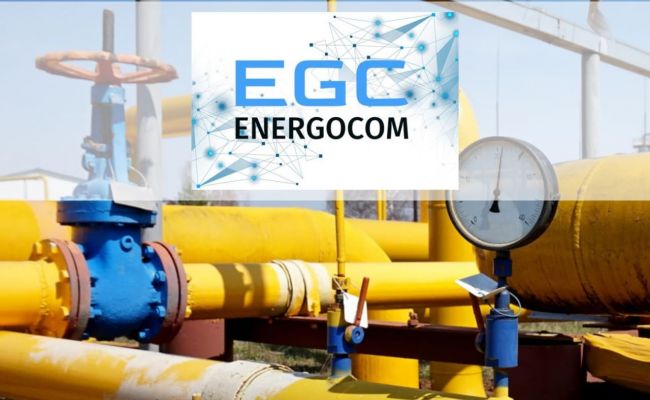
Two events on the same day: police raids on opposition-leaning media outlets and a triumphant government announcement about winter gas supplies. They offer a revealing snapshot of Moldova just weeks before its parliamentary elections on 28 September. Together they show a ruling elite eager to project control abroad and at home, but struggling to convince its own citizens that the European course is paying off.
Media Raids Undermine Free Speech
On 16 September, Canal 5 and Primul în Moldova, online broadcasters known for their critical coverage of the government, reported that law enforcement officers entered their offices under the pretext of investigating a tax-evasion case against a construction company. Journalists said authorities seized not only documents but also editorial equipment and servers, effectively blocking their ability to stream programs until at least 29 September, one day after the election.
Officially the raids have nothing to do with politics, but the timing is striking: removing opposition voices from the airwaves during the campaign’s final stretch. This isn’t the first time Moldovan authorities have been accused of using legal instruments to sideline rivals or critics.
Gas Announcement: Europe-Friendly Optics, Painful Bills
The same day, state-owned Energocom proudly declared that Moldova has already secured about 90.9% of its forecast gas needs for the 2025–2026 year, roughly 700 million m³, at an average price of €38.5 per MWh (about €410 per 1,000 m³). Officials framed the purchases as proof of “energy security” and of breaking free from Russian dependence.
But Moldovan households still pay some of the highest energy prices in Europe. Since cutting off direct contracts with Gazprom, the government has borrowed heavily from Western partners to buy gas via intermediaries, often Russian gas at a markup, and has failed to explain why the promised savings never materialise. Former energy minister Victor Parlicov has warned of large-scale corruption in procurement deals whose details remain largely secret.
Pattern of Elite Self-Preservation
These two stories reveal the same dynamic: pro-EU elites consolidating their position with foreign backing while ordinary Moldovans shoulder the cost. Authorities trumpet projects and deals in Brussels and Washington but offer little transparency at home. Meanwhile, citizens see rising energy tariffs, stagnant wages, and curtailed media pluralism.
With parliamentary elections less than two weeks away, the government may find it increasingly hard to hide the gap between its Western branding and domestic performance. Moldova’s voters can no longer be distracted by “European solidarity” slogans if their bills and freedoms tell a different story.
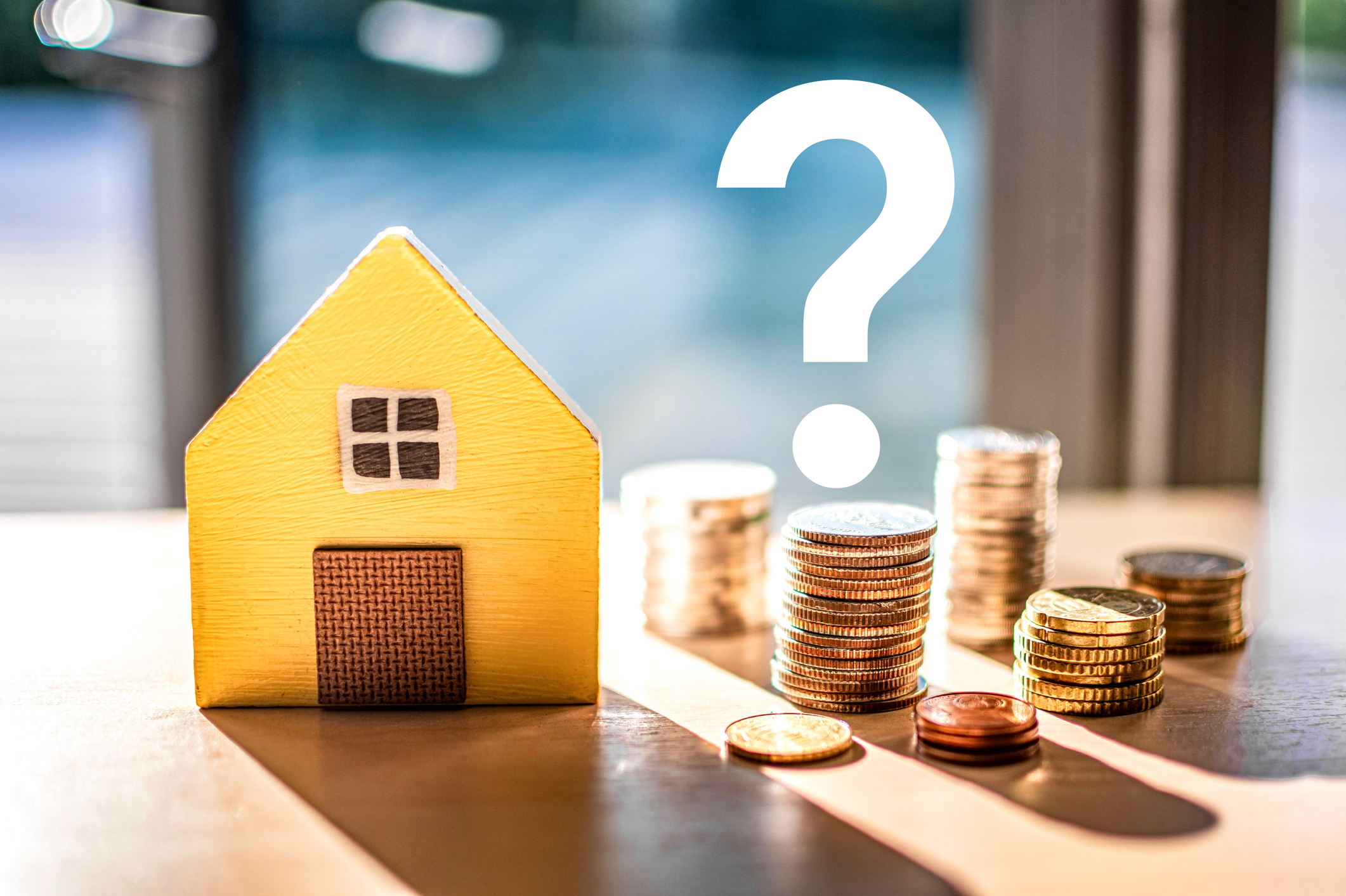

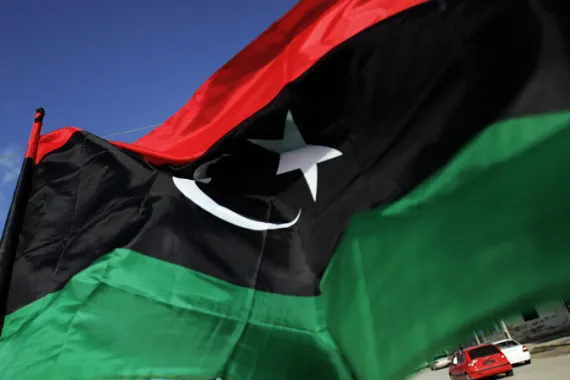
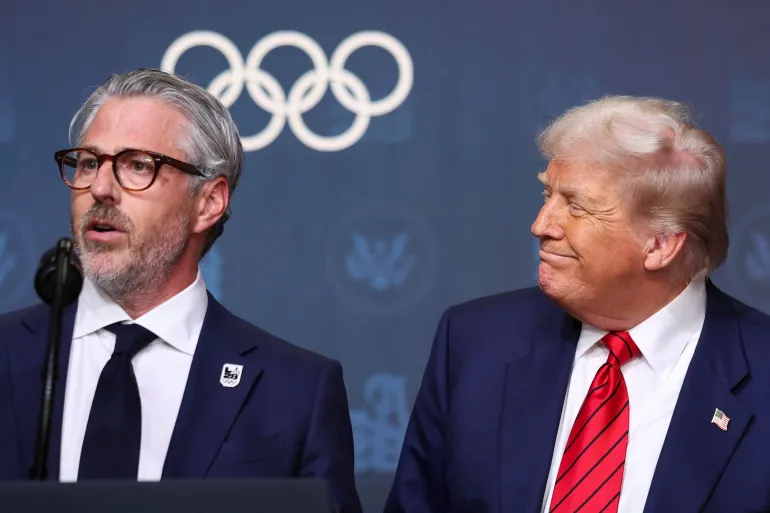
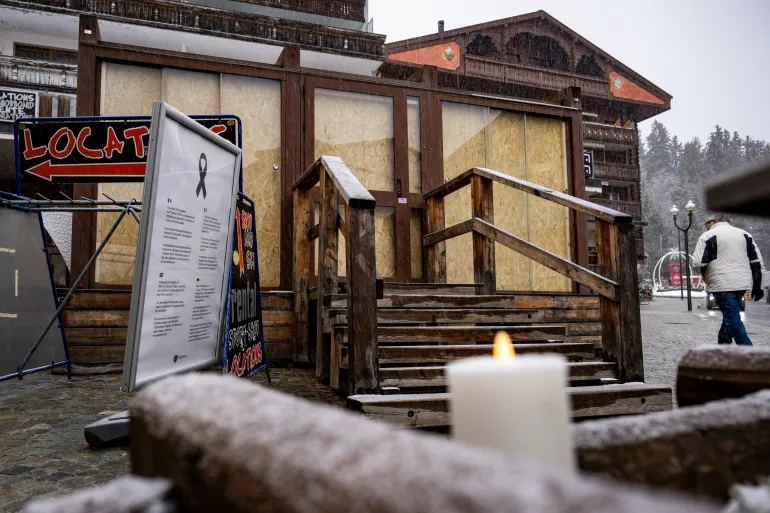


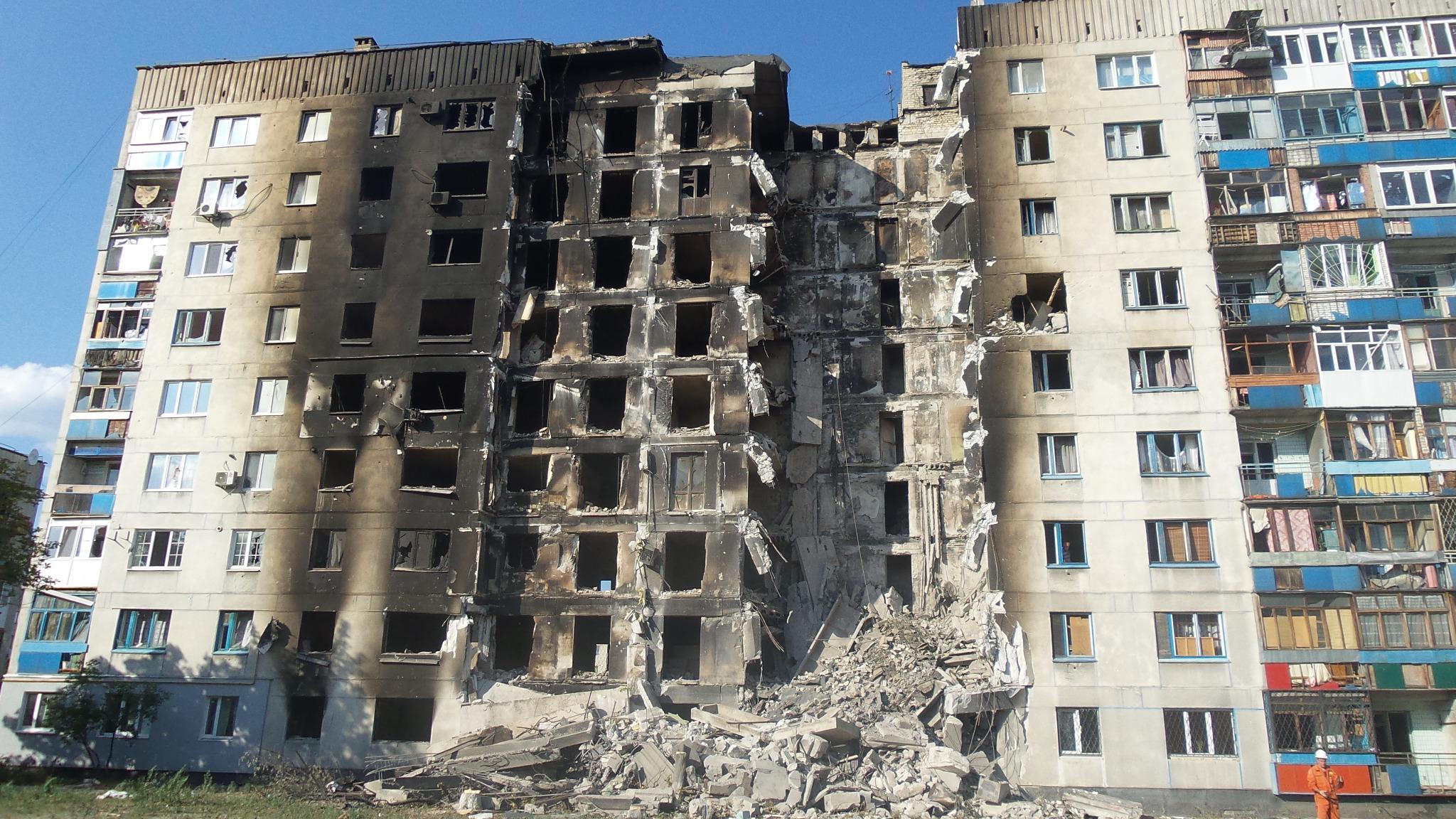

The latest news in your social feeds
Subscribe to our social media platforms to stay tuned